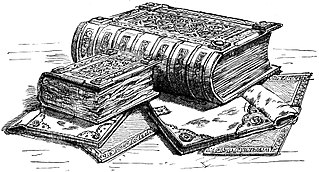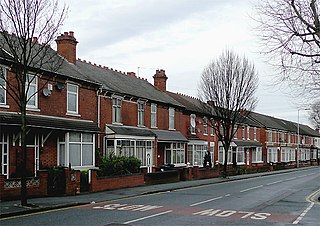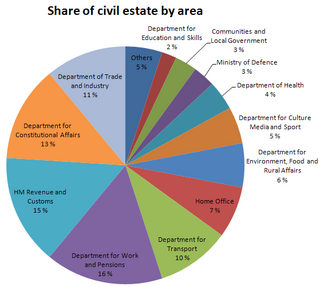 W
WBurgage is a medieval land term used in Great Britain and Ireland, well established by the 13th century.
 W
WA county surveyor is a public official in the United States and the United Kingdom.
 W
WThe Crown Estate is a collection of lands and holdings in the territories of England, Wales and Northern Ireland within the United Kingdom belonging to the British monarch as a corporation sole, making it "the sovereign's public estate", which is neither government property nor part of the monarch's private estate. The sovereign is not involved with the management or administration of the estate, and exercises only very limited control of its affairs. Instead, the estate's extensive portfolio is overseen by a semi-independent, incorporated public body headed by the Crown Estate Commissioners, who exercise "the powers of ownership" of the estate, although they are not "owners in their own right". The revenues from these hereditary possessions have been placed by the monarch at the disposition of Her Majesty's Government in exchange for relief from the responsibility to fund the Civil Government. These revenues thus proceed directly to Her Majesty's Treasury, for the benefit of the British nation. The Crown Estate is formally accountable to the Parliament of the United Kingdom, where it is legally mandated to make an annual report to the sovereign, a copy of which is forwarded to the House of Commons.
 W
WAn estate agent is a person or business that arranges the selling, renting, or management of properties and other buildings. An agent that specialises in renting is often called a letting or management agent. Estate agents are mainly engaged in the marketing of property available for sale, and a solicitor or licensed conveyancer is used to prepare the legal documents. In Scotland, however, many solicitors also act as estate agents, a practice that is rare in England and Wales.
 W
WHousing in the United Kingdom represents the largest non-financial asset class in the UK; its overall net value passed the £5 trillion mark in 2014. About 30% of homes are owned outright by their occupants, and a further 40% are owner-occupied on a mortgage. About 18% are social housing of some kind, and the remaining 12% are privately rented.
 W
WNAEA Propertymark is a membership organisation for estate agents (called real estate brokers in the US). It is based in and covers the UK. It is the UK's leading professional body for estate agents. Its members practice across all aspects of property in the UK, including residential and commercial sales and letting, property management, business transfer, auctioneering and land.
 W
WThe Property Ombudsman (TPO) scheme is an ombudsman in the United Kingdom. It has been providing consumers and property agents with an alternative dispute resolution service since 1990.
 W
WThe public estate in the United Kingdom is the collection of all government-owned real property assets in the United Kingdom. The Office for National Statistics estimated in 2008 that the public estate has a book value of £380 billion, which is about £6,000 for every UK resident. Of this, approximately £240 billion is held by local government, while the rest—£130 billion—is held by the central government and public corporations.
 W
WIn the United Kingdom, a ransom strip refers to a parcel of land needed to access an adjacent property from a public highway, to which the owner is denied access until payment is received. The strip of land can be either between the property and the highway, or be located between two properties. The width of the ransom strip can be as narrow as 150 millimetres (5.9 in) wide, but it can lead to significant conflict.